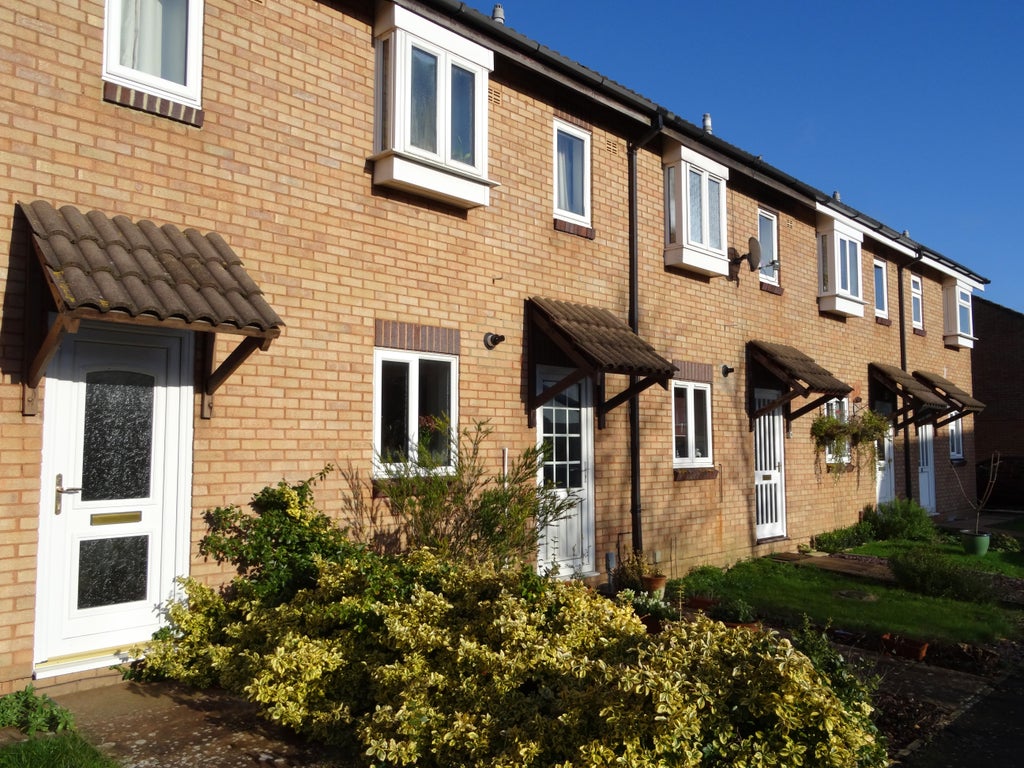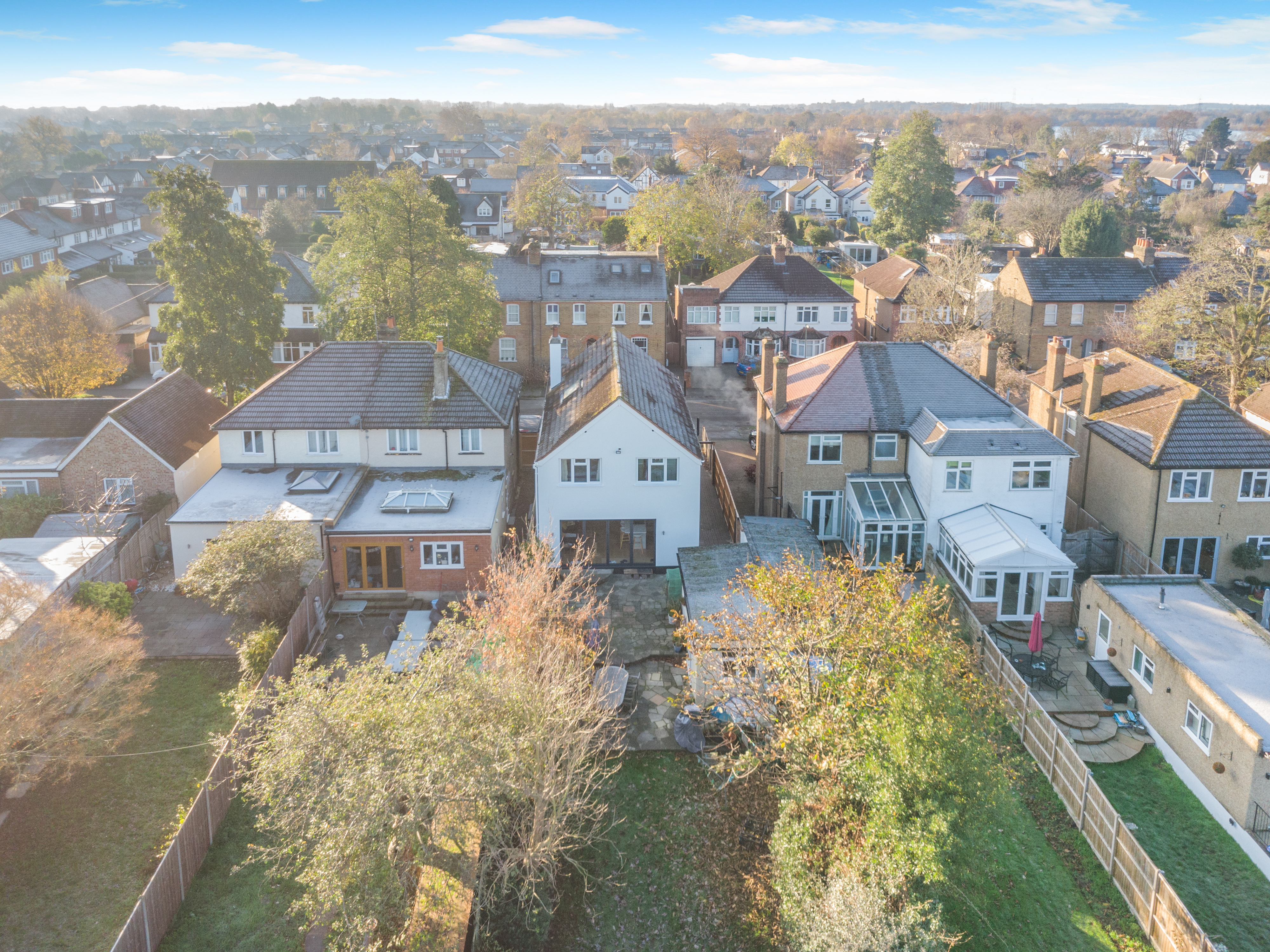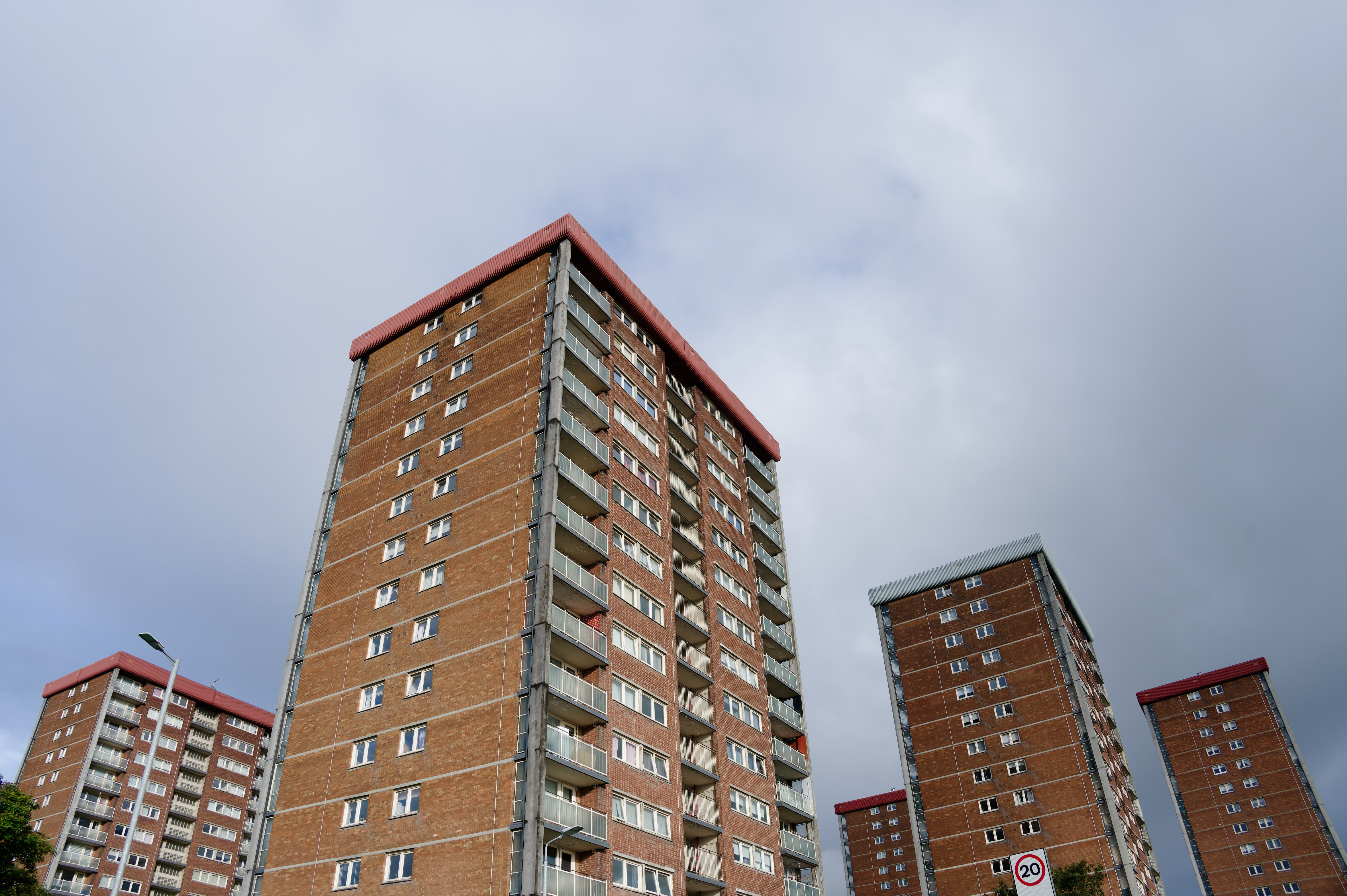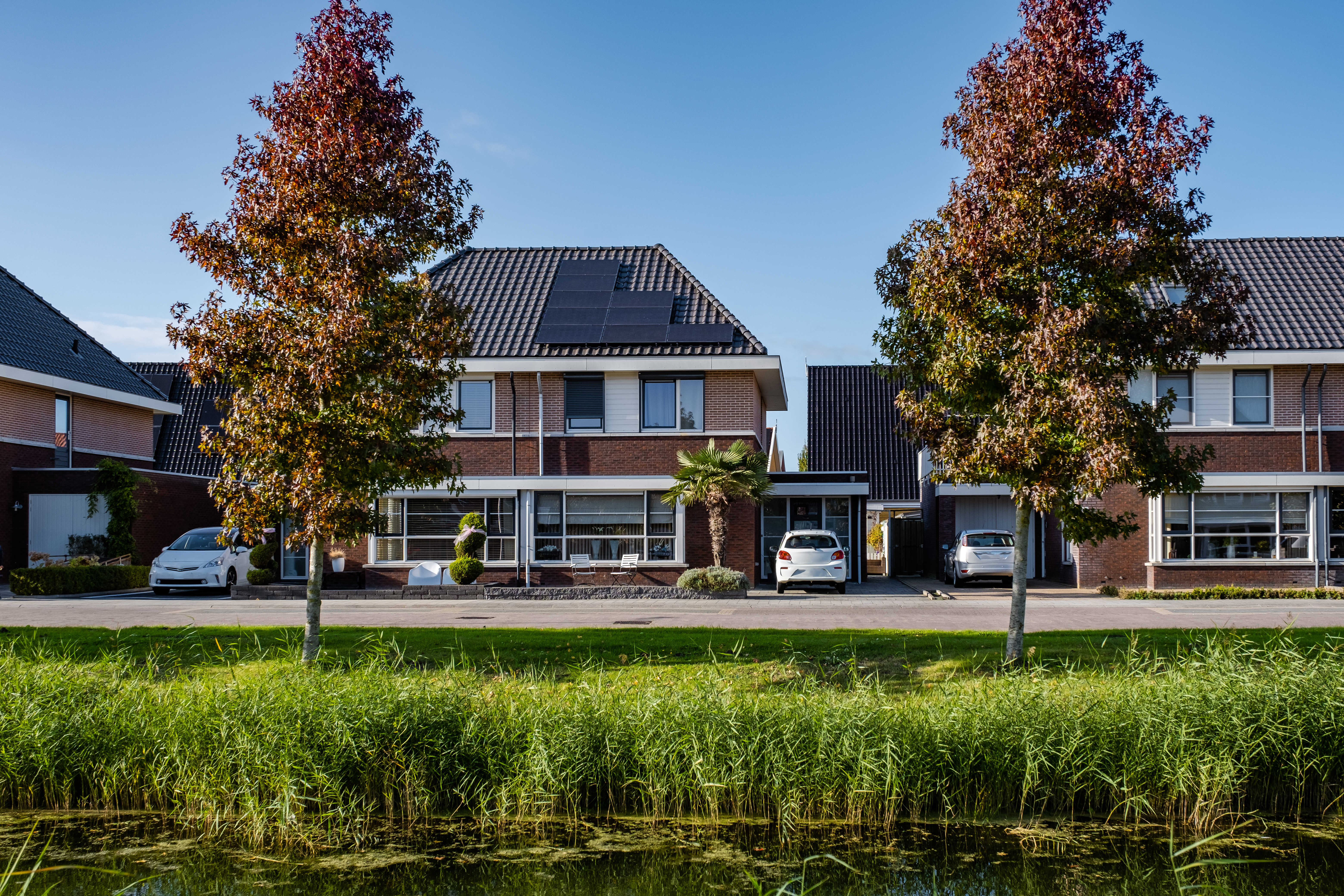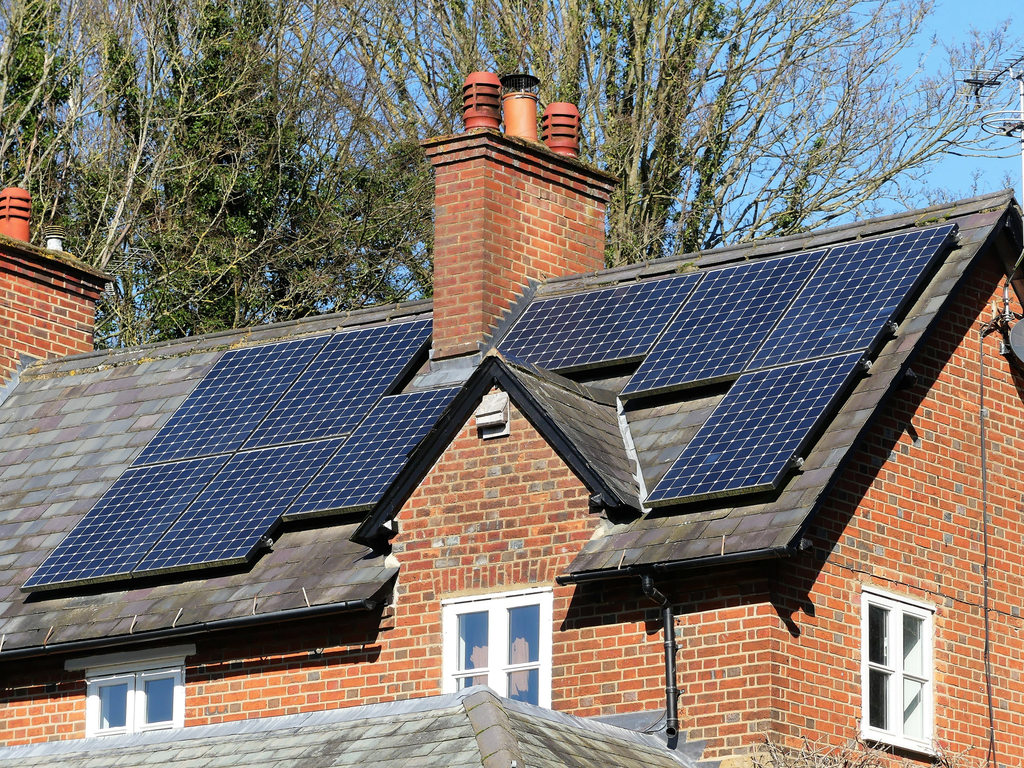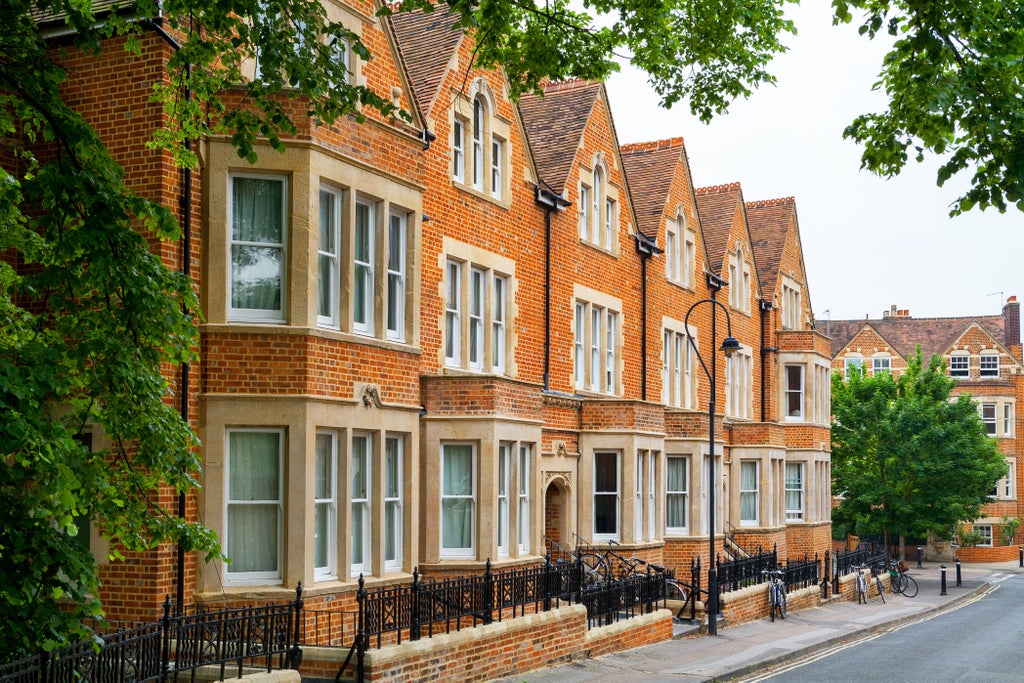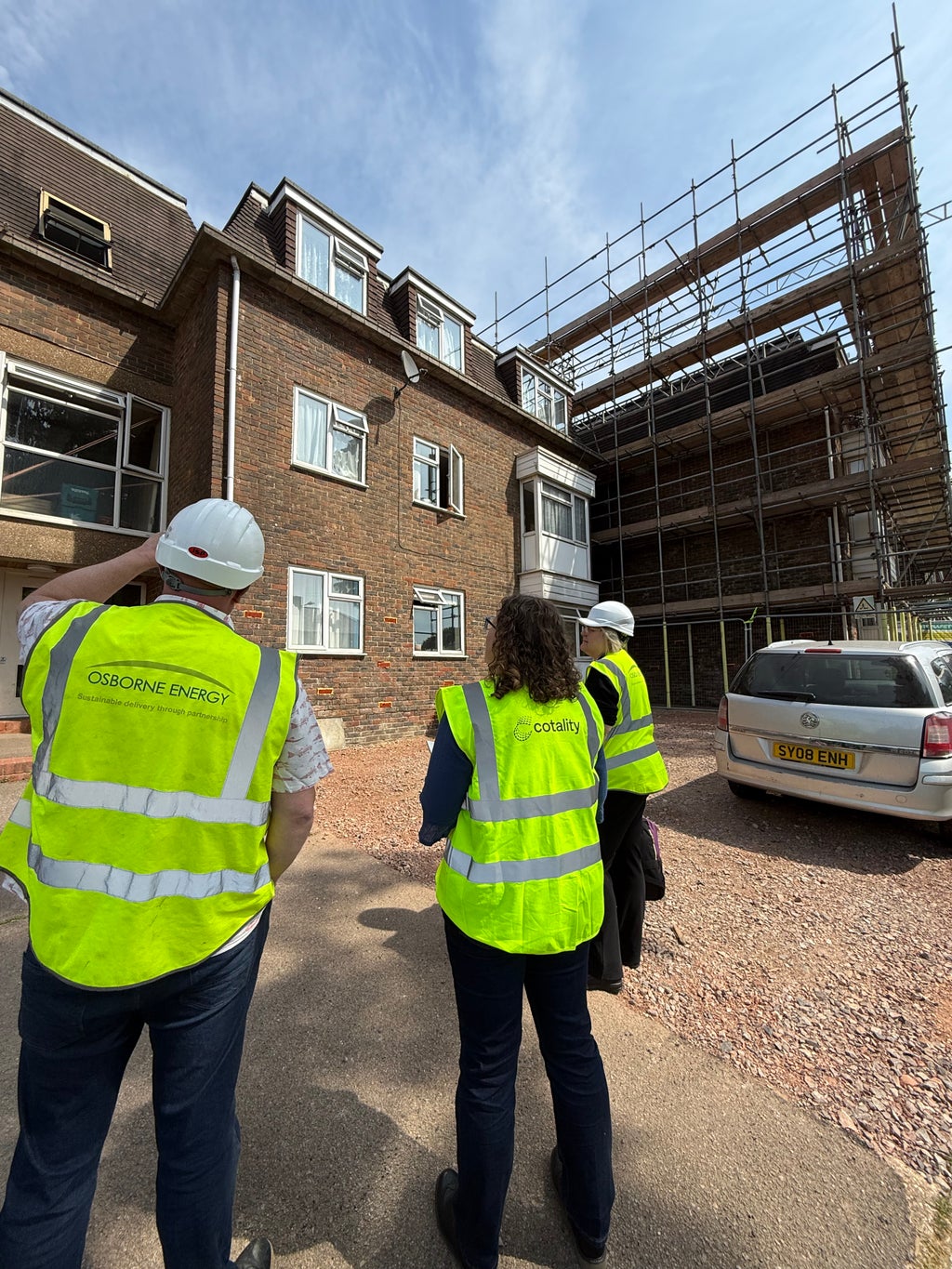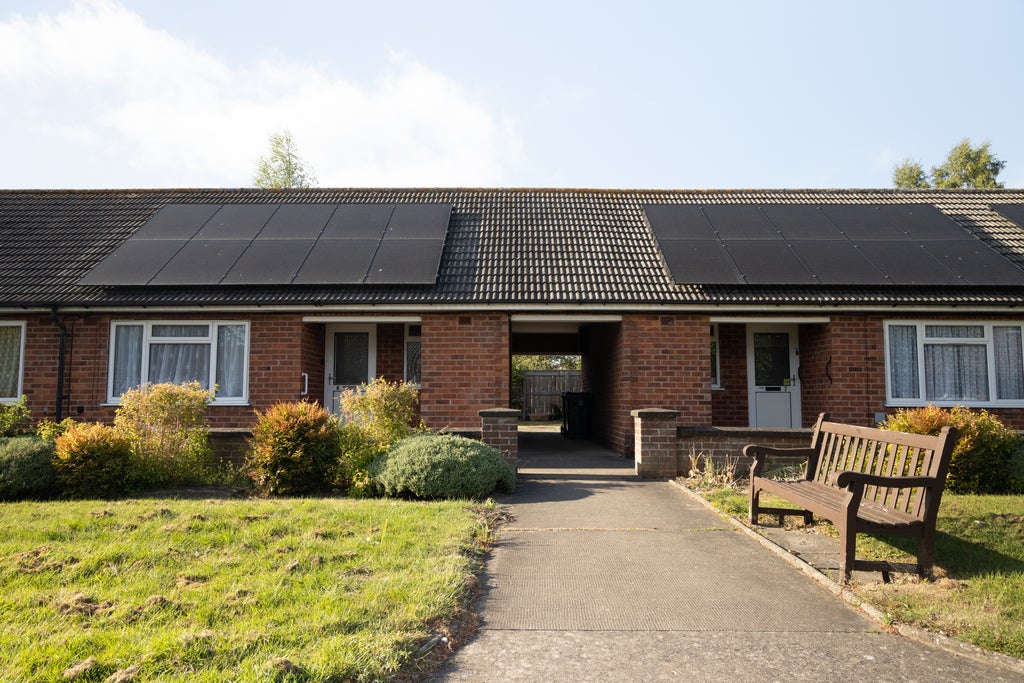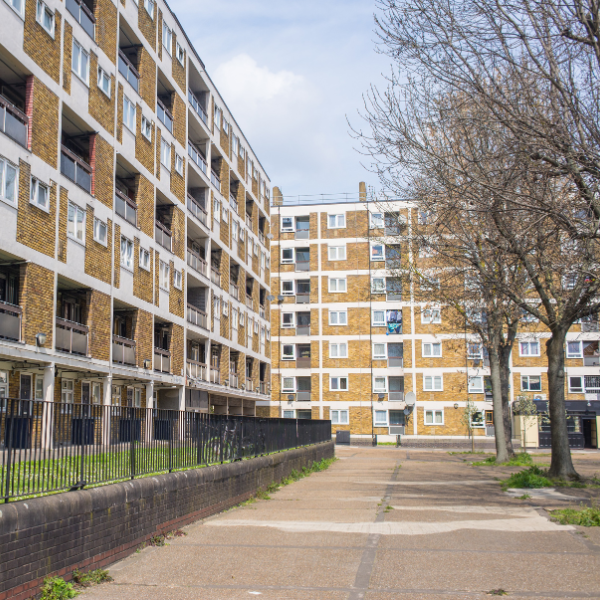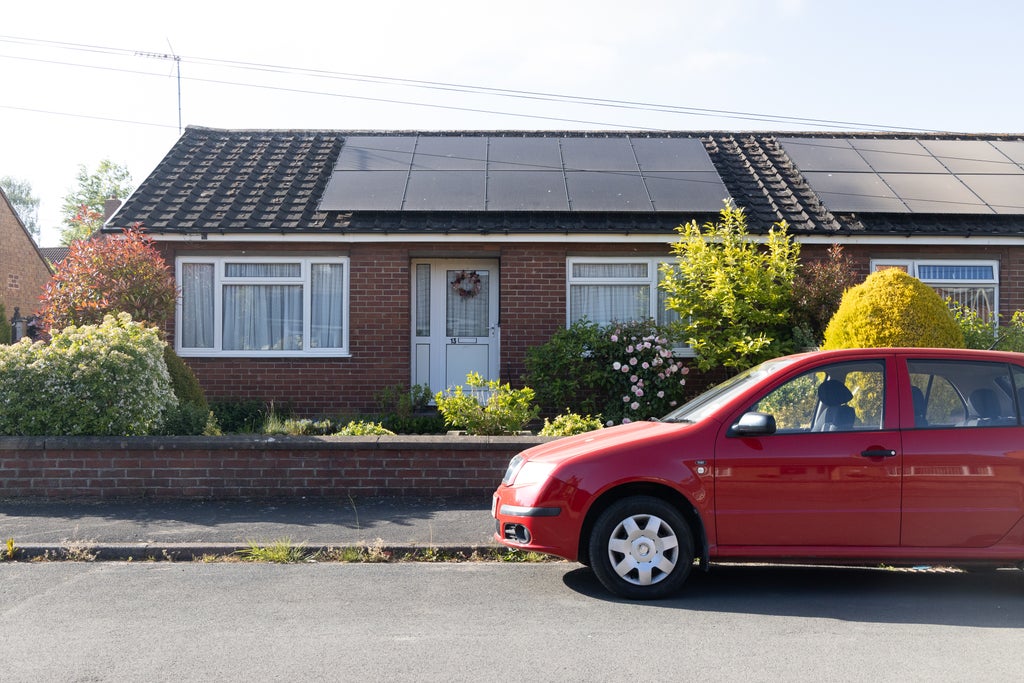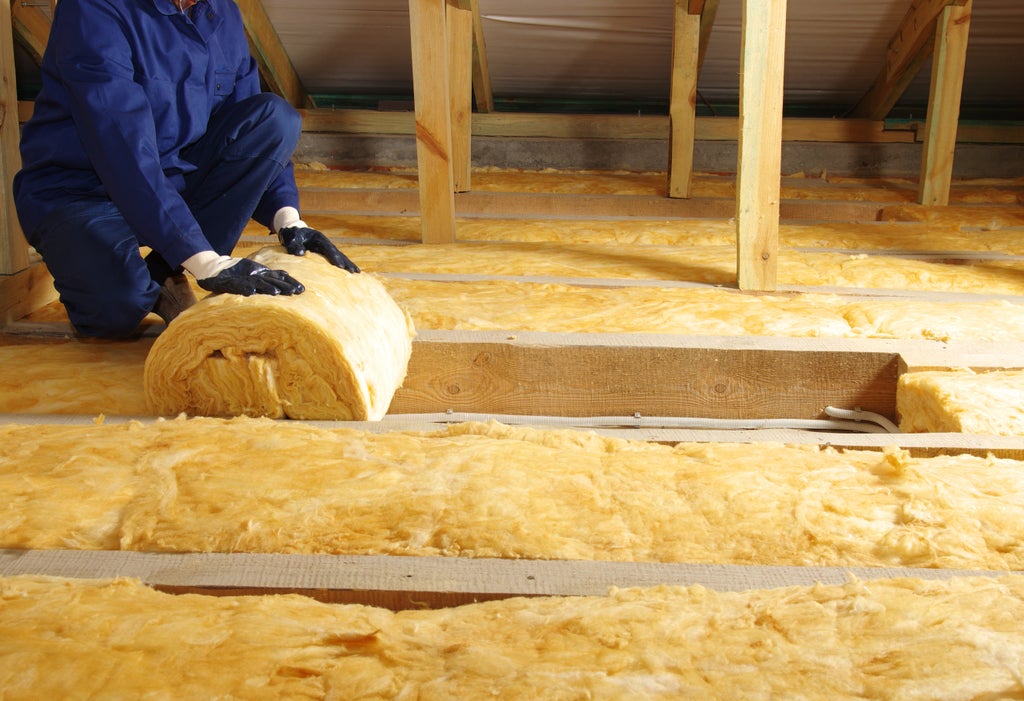The UK housing sector is facing one of the most significant regulatory shifts in decades. The government’s consultations on the updated Decent Homes Standard and Minimum Energy Efficiency Standards (MEES) will raise the bar on housing quality, energy performance, and resident wellbeing across both the social and private rented sectors.

At Cotality, we have been working at the heart of these discussions. With decades of experience supporting housing providers, local authorities, and lenders, we are uniquely placed to help landlords plan for compliance in a way that is cost-effective and forward-looking.

Why now? The case for change
Poor-quality housing costs the UK economy an estimated £18.5billion every year, largely through its impact on physical and mental health. The current Decent Homes Standard, last updated in 2006, is widely regarded as outdated. Many landlords work to higher standards, but Category 1hazards – such as excess cold and damp – are almost three times more likely to be found in the private rented sector than in social housing.
The Decent Homes Standard: What’s changing?
The proposed Decent Homes is the first comprehensive update in nearly two decades, setting a much higher bar for housing quality.
Key proposals include:
- Stricter requirements on key components – Kitchens and bathrooms will become “key components”, meaning homes will fail the standard if these are in poor condition, regardless of age.
- New areas of focus – Fire safety, lifts, and boundary walls will be included, alongside a dedicated new criterion for tackling damp and mould.
- Better security and facilities – Homes will need to meet higher standards on window restrictors, with the potential for inclusion of door and window locks.
- Stronger thermal comfort standards – The current energy efficiency criterion will be strengthened, introducing MEES together with a requirement for whole house heating systems.
The compliance deadline for Decent Homes is expected to fall in 2035 or 2037. But landlords should not wait to act – the earlier introduction of Minimum Energy Efficiency Standards in 2030 may mean work is required that offers an opportunity to also address components of the Decent Homes Standard.
Minimum Energy Efficiency Standards: raising the bar, lowering bills
Alongside Decent Homes, the government is consulting on introducing MEES to the social rented sector.
Core to the proposals are:
- Performance-based metrics - Landlords will need to meet a fabric efficiency target and either a heating system or smart readiness target. These are not yet defined and are due for rollout in late 2026.
- Cost caps – Among other exemptions, the Government has proposed a maximum spend of £15,000 per property for the private rental sector and £10,000 for the social rented sector, recognising economies of scale.
- Timeline – MEES will apply to new private tenancies from 2028 and to all tenancies from 2030. EPC certificates issued before the 2026 EPC reform will remain valid for 10 years, creating a potential advantage for those who act early.
- Enforcement – The Regulator of Social Housing will oversee implementation in that sector, with local authorities overseeing the private rented sector. They will be given the duty to enforce Criterion A of the Decent Homes Standard – relating to hazards – with the power to enforce other criterion, including the Minimum Energy Efficiency Standard.
Barriers, exemptions, and enforcement
Both consultations recognise the practical barriers to achieving compliance, especially in leasehold properties, where superior landlords can block works. Social landlords will benefit from a clear list of exemptions, including tenant refusal, plans for sale or demolition, and physical or planning constraints.
In the private rented sector, exemptions will be determined at local authority discretion. However, this raises concerns about inconsistency across boundaries, which could be particularly challenging for landlords operating in multiple local authority areas.
Enforcement will also vary. Social housing will remain regulated by the Regulator of Social Housing, while local authorities will oversee the private sector. Experience suggests enforcement capacity is patchy, though proposed fines could increase resourcing.
The cost challenge – and how to overcome it
The government’s impact assessment suggests that upgrading homes to meet the new standards will cost an average of £7,500 per property in the private rented sector, slightly less for social housing. Total investment is expected to reach £4 billion over 15 years.
At Cotality, we know that careful planning can significantly reduce costs. Aligning Decent Homes and MEES requirements with existing planned maintenance and retrofit programmes can prevent duplication and avoid costly rework.
For example, we regularly see situations where windows are replaced shortly after external wall insulation is installed, leading to unnecessary costs. By coordinating work streams, landlords can achieve savings of 7–12% across their investment programmes.
How Cotality can help
Cotality provides the data, tools, and insight landlords need to plan for compliance with confidence.
- Comprehensive energy modelling: We maintain an energy model for every home in the UK, enabling accurate strategic advice for local authorities, housing associations, and private landlords.
- Integrated asset planning: Our Asset Manager Workspace tool brings together all compliance obligations – from Decent Homes to MEES and the Building Safety Act – into a single 20-year investment plan. This approach optimises the order of works and reduces overall spend.
- Evidence-based consultation responses: We help landlords provide robust evidence to government consultations, ensuring their voices are heard on key issues such as cost caps and enforcement.
- End-to-end retrofit delivery: As a critical partner to landlords, local authorities and contractors in the ECO4 and Great British Insulation Scheme (GBIS) programmes, we have extensive experience delivering large-scale retrofit projects that meet funding and compliance requirements.
What landlords should do now
The compliance deadlines for Decent Homes 2 and MEES may seem distant, but the amount of work required means action is needed immediately.
- Engage with the consultations – Evidence-based responses can shape the final standards and exemptions. Responses are due by September 10th.
- Understand your baseline – Audit your stock condition and EPC ratings to identify high-risk properties. Cotality has services for large and small landlords to assess risk and start planning.
- Strengthen your data – Reliable data is the foundation of good decision-making and will help unlock funding. Use ECMK DEAs to enable automated updates to your housing stock data.
- Plan holistically – Integrate Decent Homes, MEES, and other regulatory obligations into one strategic plan with Asset Manager Workspace.
- Work with trusted partners – Experienced delivery partners like Cotality can de-risk compliance and reduce cost, with integrated data, independent advice and retrofit coordination to support landlords from initial assessment to installation.
The government’s proposals for Decent Homes and MEES represent a significant opportunity to improve housing quality, reduce fuel poverty, and cut carbon emissions. For landlords, they also represent a challenge: balancing higher standards with budget constraints and operational pressures.
At Cotality, we believe that early planning and integrated strategies are the key to success. By bringing all regulatory requirements together into one investment plan, landlords can minimise costs, avoid duplication, and deliver warmer, safer, more energy-efficient homes.
Ready to get started?
Contact the Cotality team today to learn how we can help you prepare for Decent Homes and MEES with confidence.
Useful links
Minimum Energy Efficiency Standards - SRS
Consultation: Improving the Energy Efficiency of Socially Rented Homes in England - GOV.UK
Impact Assessment: MEES Consultation-Stage Impact Assessment
Related research: National Retrofit Hub report, incl Cotality analysis on measures required to meet MEES: Delivering for Tenants: What is needed from the Minimum Energy Efficiency Standards to deliver the health, fuel poverty and comfort outcomes needed for renters? - National Retrofit Hub
Decent Homes Standard:
Consultation: Consultation on a reformed Decent Homes Standard for social and privately rented homes - GOV.UK
Impact Assessment: Decent Homes Standard Interim Impact Assessment





